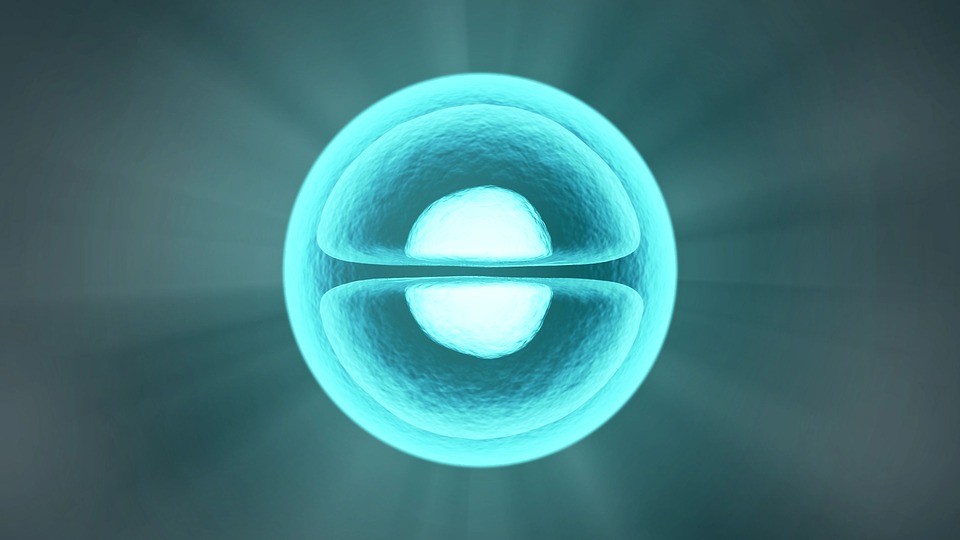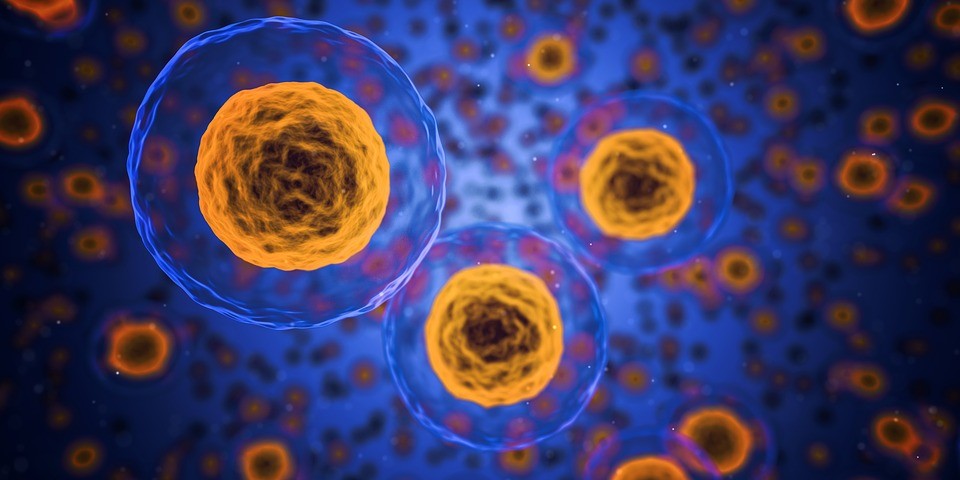The world of In-Vitro Fertilization (IVF) research, despite massive success, is still in its infancy. Many researchers still argue about the best ways to harvest viable eggs from patients. The topic of particular polarity involves freezing eggs. Some experts advise freezing embryos and waiting to transfer the eggs back. Yet other experts recommend fresh eggs are the best method for producing better results.
When a woman takes a round of IVF drugs, she stimulates her ovaries to produce multiple eggs. The eggs are retrieved, and fertilization occurs in the laboratory. Once the eggs are fertilized, a woman has two different options for transfer: fresh or frozen. A fresh transfer means the eggs are transferred back into the uterus a few days later. A frozen transfer is when a woman elects to freeze the eggs to transfer them during a future cycle.

In 2018, Fertility and Sterility, a renowned fertility journal, published a study indicating no significant difference in the success rate of fresh versus frozen transfers. According to the paper, no singular method is the best for producing viable eggs. It all depends on each individual and the number of eggs produced.In the same year, a study published in the New England Journal of Medicine reported little difference in live births from frozen or fresh embryos.You may wonder what this means for you as you start your IVF journey. The best option is to read up on freezing versus fresh egg transfers to decide what route is best for you.
Benefits of Freezing Your Embryos
You may wonder why anyone bothers with freezing embryos since everyone always says fresher products are better. In reality, freezing your eggs comes with many benefits. Researchers in the New England Journal of Medicine report freezing embryos has lowered the risk of women developing Ovarian Hyperstimulation Syndrome(OHSS). OHSS occurs when an overabundance of IVF meds enters your system. The ovaries will swell and become painful and in worse-case scenarios, it can cause illness or death. Despite the gruesome nature of OHSS, it is relatively rare. Medications such as Follistim and Menopur are usually prescribed to encourage overproduction of eggs.

In addition to a lower probability of developing OHSS, freezing eggs is beneficial for women with irregular ovulation. Often an imbalance in hormone levels can lead to pre-maturation of eggs and uterine lining, resulting in inviable eggs. By freezing your eggs to transfer at a later date, your physician is able to determine when your hormone levels are able to better support your eggs. When you freeze your embryos, you are presented the choice to examine the embryos for genetic and chromosomal abnormalities. By choosing to test your embryos, you become aware of potential complications down the road and can better prepare for the future.
When Should You Consider the Option to Freeze Your Eggs?
When you are making the active decision about freezing your eggs, take a few characteristics into account. A study conducted in 2017 reported women over the age of 35 with high progesterone levels benefited more from freeze-all IVF cycles. According to the paper, the higher progesterone levels cause adhesion difficulties for eggs and can prematurely cause maturation of the uterine lining. It is speculated that freezing embryos for later transfer allows time for the body to enter a stage where the level of hormones lowers to more hospitable levels. Additionally, women of various ages with high progesterone levels benefited more from frozen egg transfers.
The research conducted by the New England Journal of Medicine(NEJM) also suggested women with Polycystic Ovarian Syndrome (PCOS) benefit from freezing embryos. When either a woman’s adrenal glands or ovaries overproduce male hormones, cystic formations occur in the ovaries. Irregular menstrual periods and infertility are amongst the listed symptoms for this syndrome. According to this study, women with abnormal ovulation had more live births when frozen embryos were transferred.
The Benefits of Fresh Egg Transfers
Fresh egg transfers can save you wait time and additional hormone cycles. If you harvest viable eggs and the fertilization procedure is successful, you may not want to wait. Typically, physicians will choose the eggs with the highest probability of success to transfer back into your body. It is emotionally draining to wait for a month or two for a new cycle to start up only to find your transfer has failed. By transplanting immediately, you save yourself the months of emotional stress. Additionally, if you wait to transfer your eggs, you must take another round of fertility drugs like Follistim(follicle stimulating hormone), leading to more money out of pocket. If the immediate transfer is successful, you have more money to spend on your future child versus another round of fertility drugs.
When Should You Consider A Fresh Transfer?
According to a study between 2014 and 2015, women classified as intermediate or low responders benefit from fresh transfer. Women who produce 14 or less eggs fall into the intermediate or low responder category. For women who are low or intermediate responders, a study conducted by Duke suggests fresh transfers are best. The results indicate low or intermediate responders in the fresh transfer group had better pregnancy and birth rates in comparison to frozen embryos.
IVF candidates with lower progesterone levels stand a good chance of a viable pregnancy via fresh transfer. The study published in NEJM reported women with lower levels of progesterone experienced better pregnancy outcomes with fresh transfer methods.
Implications of Freezing Versus Fresh Transfer
If you were to sift through all of the research on the viability of egg freezing transfers, you would find many researchers advocating in favor of this method. Despite evidence mounting in favor of egg freezing each IVF case is different. Some women may benefit from immediate egg transfers and others may benefit from waiting and taking another around of IVF meds. The most important takeaway message is to review your body and speak with your doctor about it. Always take your body’s natural rhythm and chemistry into account when making the decision about egg transferal.
Ivfprescriptions.com has been partnering with couples for more than three decades, and is one of the primary suppliers of infertility drugs to clinics, hospitals, and fertility clinics worldwide. You can buy infertility drugs online directly from us as well. Call today to find out more!
#bestfertilitydrugsonline, #discountivfmeds, #getivfdrugsdiscount, #getpregnantfaster, #cheaponlineivfmeds, #cheapivfdrugs

